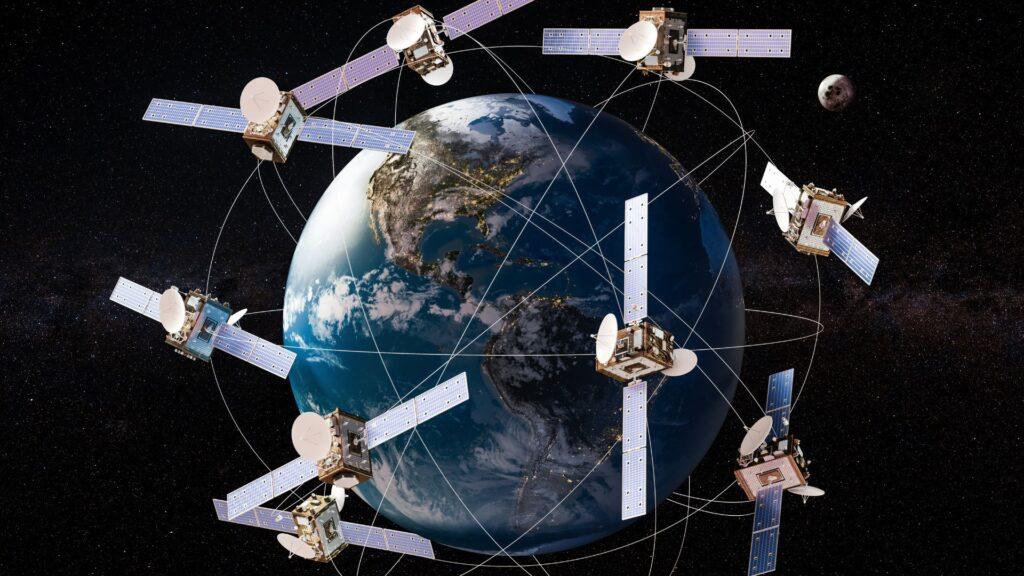Secretary-General of the World Meteorological Organization (WMO), Celeste Saulo, says nearly half of the world’s countries lack access to forecasts and early warning systems to prevent economic losses and save lives.
In a message to commemorate the World Meteorological Day, observed every year on March 23, and to celebrate the 75th anniversary of the World Meteorological Organization as a specialized UN agency, Saulo compared the staff of national meteorological and hydrological services to doctors, and nurses, working tirelessly to ensure public safety.
This year’s theme: “Closing the early warning gap together,” underscores the importance of early warning systems as vital investments.
Saulo noted that over the past 75 years, the efforts of staff of national meteorological and hydrological services, have significantly contributed to both societal well-being and economic resilience against weather, climate, and water-related hazards.
The WMO secretary-general disclosed that the body is now expanding its support for communities to strengthen early warning systems, emphasizing the need for political support, financial backing from donors, and enhanced collaboration among governments and organizations.
Read Also: Finland named world happiest country for 8th consecutive year
UN Secretary-General, António Guterres, in his message, said early warning systems have become necessities in today’s climate reality, particularly as extreme weather events increase due to global warming.
Guterres emphasized that investments in national meteorological and hydrological services are critical to creating a safer and more prosperous world.
From 1970 to 2021, reported global economic losses from weather, climate, and water hazards approximated $4.3 trillion, with more than two million fatalities.
While economic costs continue to rise, the number of deaths has begun to decrease, indicating the effectiveness of investment in early warning and disaster preparedness systems.
